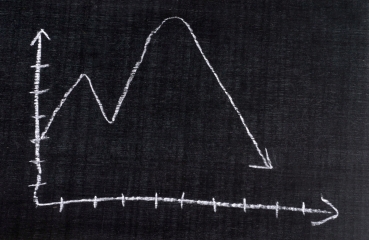Freddie deBoer is right about one thing, not everything
The writer Freddie deBoer makes one really important point about the ed reform movement: We have overpromised and underdelivered because we ignore the obvious truth that some kids are smarter than others. Where he’s wrong is in thinking that this one good point makes the whole reform enterprise a waste of time.





























